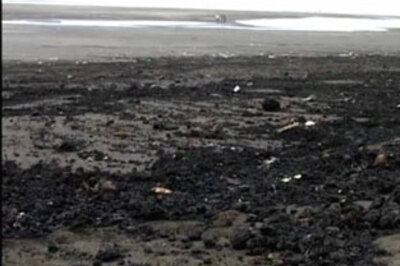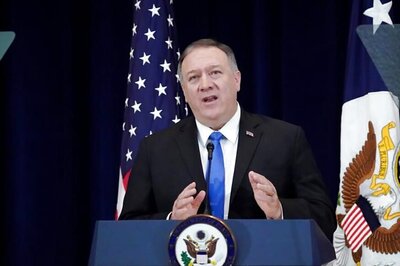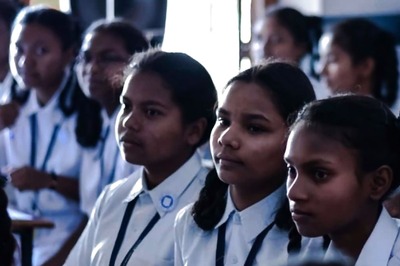
views
New Delhi: The Delhi High Court has backed the Centre's decision of not revealing the letters between former Prime Minister Atal Bihari Vajpayee and former President KR Narayanan on the post-Godhra riots in Gujarat in 2002.
The High Court has ruled that the Prime Minister and the President's conversation on issues of national importance and security can't be revealed.
The court has stayed the Central Information Commissioner's order that allowed a petition seeking details of the Narayanan-Vajpayee letters. The CIC order was challenged by the Centre.
Justice Anil Kumar gave the order, allowing the Centre's appeal against the CIC's directions.
"In the facts and circumstances, the order of the CIC of August 8, 2006 is liable to be set aside and the CIC cannot direct the petitioner (Centre) to produce the correspondence between the President and the Prime Minister. Since the CIC is not entitled to peruse the correspondence between the President and the Prime Minister, as it is be barred under Article 74(2) of the Constitution of India, the application of the petitioner seeking such an information will also be not maintainable," said the judge.
Article 74(2) of the Constitution bars the disclosure of the advice given by the Council of Ministers to the President.
While setting aside the order of the full bench of the CIC, Justice Kumar, who is demitting office today, also dismissed RTI applicant C Ramesh's plea saying he was not "entitled" to the communications exchanged between the then President and Prime Minister over the Gujarat riots.
Ramesh's request for making public the communications under the Right to Information (RTI) Act had been denied by the Central Public Information Officer and his appeal against the denial was also dismissed, subsequent to which he had moved the apex transparency panel CIC.
A full bench of the CIC on August 8, 2006 had called for the correspondences, sought by Ramesh, to examine whether their disclosure would serve or harm the public interest, after which it would issue appropriate orders.
The Centre had approached the Delhi High Court against the CIC order claiming that such disclosures would affect the sovereignty and integrity of the country.
(With additional information from PTI)



















Comments
0 comment